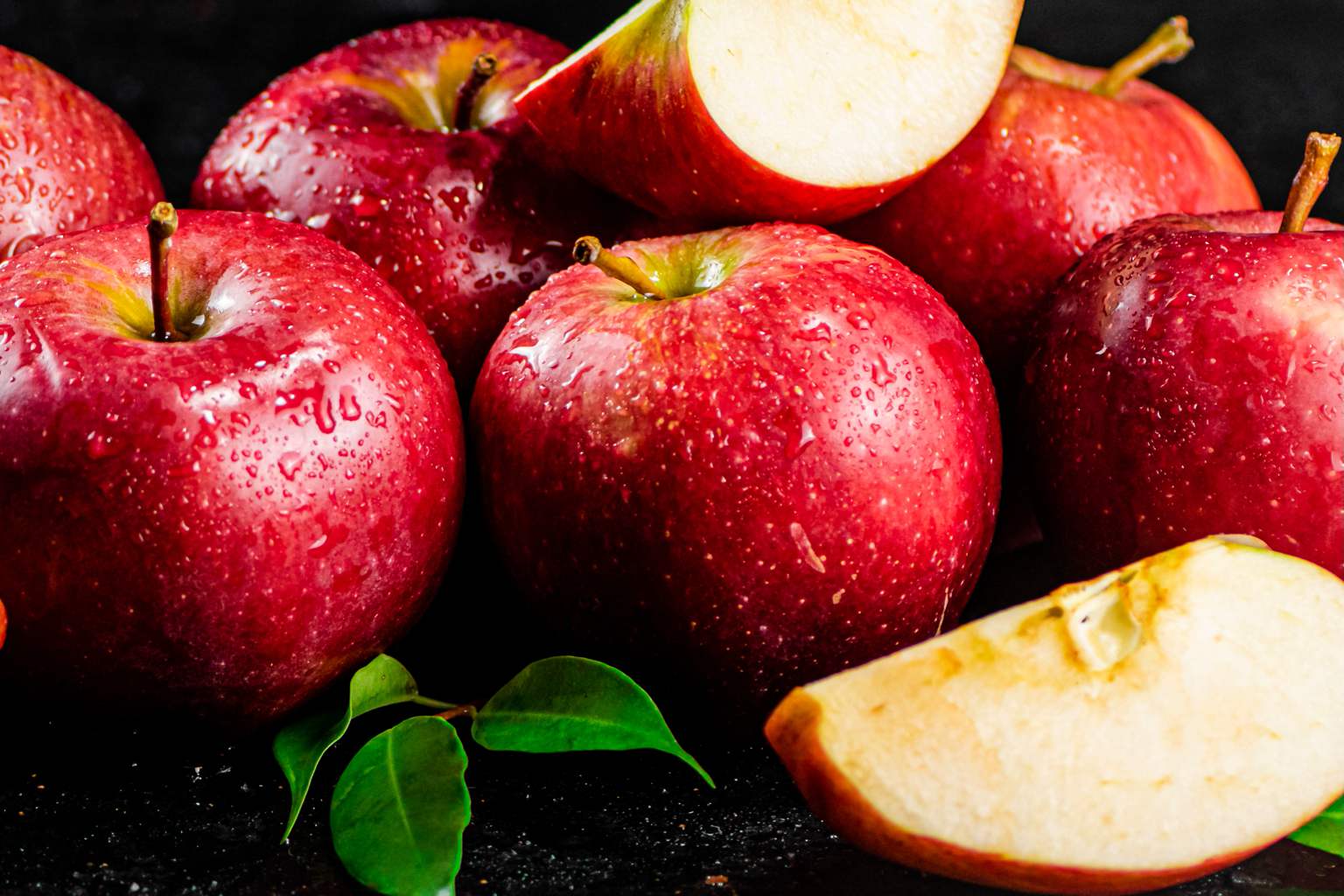For ages, apples have been more than just a tasty snack—they have quietly earned their place as a champion of heart health. Recent research reveals that these crunchy fruits can do wonders for controlling blood pressure, a vital aspect of maintaining a healthy cardiovascular system.
A notable study published in The American Journal of Clinical Nutrition points out that flavonoids in apples, especially the compound quercetin, possess strong antioxidant and anti-inflammatory effects. These properties help reduce inflammation and improve the flexibility and function of blood vessels—key factors in managing healthy blood pressure levels.
How flavonoids and potassium in apples lower blood pressure
Among the star players found in apples is potassium, an essential mineral known for balancing the influence of sodium in our bodies. According to the American Heart Association, diets rich in potassium help relax artery walls, easing tension and promoting healthy blood pressure. Since excess sodium can constrict vessels and raise pressure, potassium acts as a natural countermeasure.
Another apple benefit comes from its soluble fiber, or pectin. This fiber slows digestion, lowering LDL cholesterol, the so-called “bad” cholesterol that clogs arteries and impacts blood flow. The collaboration of flavonoids, potassium, and fiber makes apples a powerhouse in supporting cardiovascular health.
Nutrition experts at the U.S. National Heart, Lung, and Blood Institute (NHLBI) recommend including fresh fruits like apples as part of the DASH diet—a well-researched eating plan designed to prevent and manage hypertension. The diet emphasizes fruits, vegetables, whole grains, and reduced salt intake.
Why monitoring blood pressure and eating apples go hand in hand
Healthy blood pressure, typically around 120/80 mmHg, is essential for preventing heart disease, according to both the World Health Organization and the European Society of Hypertension. When readings climb above 130/80 mmHg, hypertension might be setting in, often without any outward symptoms.
Because high blood pressure can quietly damage organs over years, checking it regularly and adopting lifestyle changes is crucial. Cutting down on salt, exercising, and eating more fruits and vegetables—especially apples—form a first line of defense.
The Academy of Nutrition and Dietetics suggests eating one to two servings of whole fruit daily to meet dietary needs. A medium apple contains about 4 grams of fiber, covering over 10% of an adult’s daily requirement, which supports gut health and helps keep the heart strong.
From my own experience, I’ve found that eating apples with the skin on—not peeled—delivers the greatest health benefits. The skin is packed with concentrated antioxidants and extra fiber that boost the fruit’s protective effects. Plus, an apple clocks in at roughly 80 calories, making it a satisfying and guilt-free snack anytime.
Additional benefits of apples for overall health
The perks of apples extend beyond heart and blood pressure health. Their soluble fiber helps stabilize blood sugar, avoiding sudden insulin spikes that can sap energy. This low glycemic index fruit also promotes feelings of fullness, aiding in weight regulation—an important factor in preventing heart disease.
Several studies, like those from the University of Florida, have suggested habitual apple consumption might even enhance lung health and lower the risk of chronic diseases over time.
Red apples, among the most popular varieties, contain about 85% water, 4 grams of dietary fiber, around 95 calories, and important nutrients such as potassium and some vitamin C, according to the USDA’s nutrient database. Their skin carries most of the flavonoids, so enjoying the whole fruit is the best way to absorb all these benefits.
Apples are naturally free of cholesterol and fat, and have very low sodium content, making them ideal for heart-conscious diets focused on preventing cardiovascular problems.
I remember switching afternoon snacks to apples during a busy workweek, and the steady energy and sense of satiety helped me avoid less healthy options. It’s a simple habit that feels rewarding and sustainable.
How often do you reach for an apple during your day? Have you noticed any changes in your energy or health since including this fruit in your routine? Share your thoughts, recipes, or favorite apple varieties in the comments below! Let’s swap ideas and inspire each other to make heart-healthy choices that are both enjoyable and easy to maintain. If you found this helpful, don’t hesitate to pass it along to friends and family looking to boost their wellbeing naturally.
